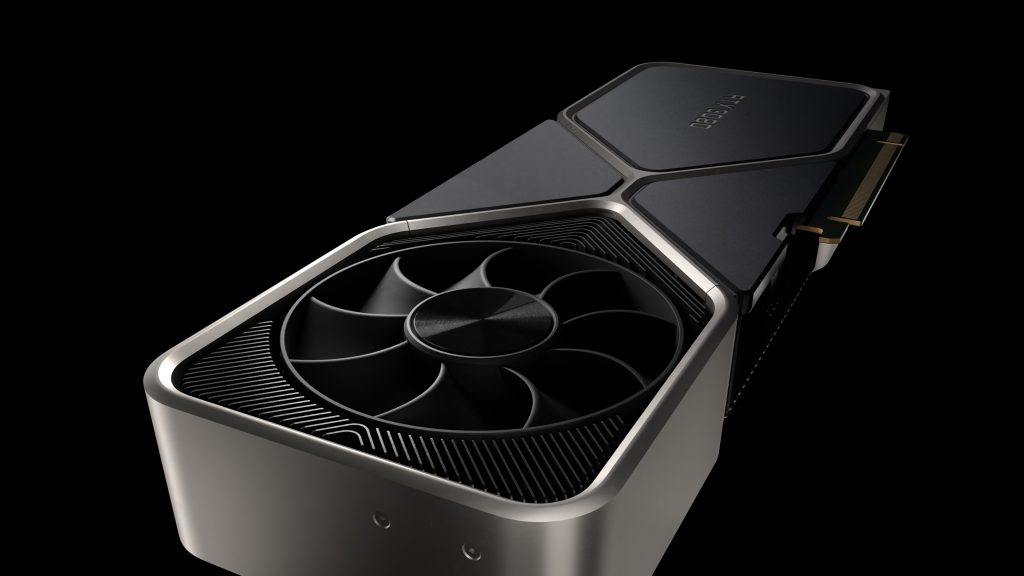Back in February ahead of the launch of the RTX 3060, Nvidia announced its new anti-mining measures to make GeForce graphics cards less desirable to crypto mining farms. We've heard through leaks and rumours that this tech would eventually transition over to the rest of the RTX 30 series line-up and today, Nvidia is making that official.
In an effort to get more GeForce graphics cards into the hands of gamers, Nvidia and its partners are updating the RTX 3080, RTX 3070 and RTX 3060 Ti graphics cards with additional measures to halve the Ethereum mining hash rate. These new GPUs will be known as “Lite Hash Rate” versions and will be differentiated from the original batches of RTX 30 series GPUs that have already gone to the retail channel to ensure all customers know what they are buying.
“Because these GPUs originally launched with a full hash rate, we want to ensure that customers know exactly what they’re getting when they buy GeForce products”, Nvidia says in a blog post. “To help with this, our GeForce partners are labelling the GeForce RTX 3080, RTX 3070 and RTX 3060 Ti cards with a “Lite Hash Rate,” or “LHR,” identifier. The identifier will be in retail product listings and on the box.”
We've been hearing about LHR versions of the RTX 30 series for weeks now, but Nvidia's official announcement today should signal ‘availability', a word that doesn't mean much in the current landscape of the GPU market.
Discuss on our Facebook page, HERE.
KitGuru Says: We'll have to wait and see how well these new measures hold up, as it didn't take long for mistakes to be made with the RTX 3060. Hopefully over the next six months this will show a noticeable difference in gaming graphics card availability.
 KitGuru KitGuru.net – Tech News | Hardware News | Hardware Reviews | IOS | Mobile | Gaming | Graphics Cards
KitGuru KitGuru.net – Tech News | Hardware News | Hardware Reviews | IOS | Mobile | Gaming | Graphics Cards



